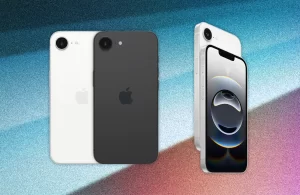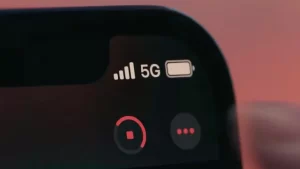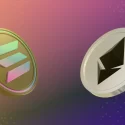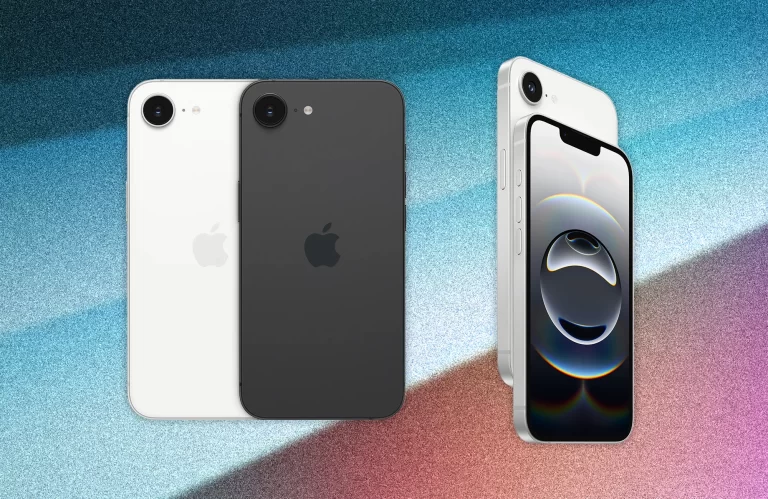If you’re into crypto, you’ve probably heard people debating about Ethereum (ETH) and Solana (SOL). They’re both heavyweights in the blockchain world but go about their business very differently. So, which one’s the better pick in 2024? With Ethereum’s big upgrades like Proof of Stake (PoS) and zk-Rollups, it’s time to see how these two stack up!
The Basics: What’s the Deal with ETH and SOL?
- Ethereum (ETH): The OG of smart contract platforms. Think of Ethereum as the all-purpose tool for decentralized applications (dApps). It’s been around forever (in crypto years) and has recently upgraded to PoS while adding zk-Rollups for scalability.
- Solana (SOL): The new kid with blazing speed. Solana’s focus is all about making transactions super fast and cheap, which is perfect for users who hate waiting or paying high fees.
Scalability: Who Handles the Most Traffic?
- Ethereum:
Ethereum has had its fair share of scaling issues in the past. But thanks to zk-Rollups, it’s now processing thousands of transactions per second (TPS) without compromising security. These Layer 2 solutions handle most of the work off-chain and only use Ethereum’s mainnet for final proofs. Translation? More speed, fewer headaches.
Potential TPS (with zk-Rollups): Up to 100,000. Yeah, it’s a lot. - Solana:
Solana is fast. Like, really fast. Its unique Proof of History (PoH) mechanism allows up to 65,000 TPS on its base layer. However, some say this speed comes at the cost of decentralization, but more on that later.
Verdict: If you’re chasing raw speed, Solana wins. But Ethereum’s zk-Rollups are catching up without cutting corners on security or decentralization.
Transaction Fees: Who Saves You More?
- Ethereum:
Remember those gas fees that made your wallet cry? Well, they’re not as bad anymore. With PoS and zk-Rollups, fees are now pennies on Layer 2. But, on Layer 1, Ethereum still gets pricey when things are busy. - Solana:
Solana’s fees are ridiculously low—we’re talking fractions of a cent. This is why it’s become a favorite for NFT traders and developers.
Verdict: Solana is cheaper. But Ethereum’s fees are becoming less of an issue, especially on Layer 2.
Security: How Safe is Your Crypto?
- Ethereum:
Ethereum doesn’t mess around when it comes to security. Its massive validator network and cryptographic tech like zk-Rollups make it one of the most secure blockchains out there. - Solana:
Solana’s focus on speed has raised some eyebrows. It’s had a few network outages in the past, and its smaller validator network makes some question its long-term reliability.
Verdict: If security is your top priority, Ethereum is your best bet.
Decentralization: Who’s in Control?
- Ethereum:
Ethereum’s decentralization is next level, with over 800,000 validators securing the network. Anyone can stake 32 ETH and join, making it super inclusive. - Solana:
Solana, on the other hand, has fewer validators because its hardware requirements are steep. This makes it faster but less decentralized.
Verdict: Ethereum is king when it comes to decentralization.
Ecosystem: dApps, NFTs, and More
- Ethereum:
Ethereum’s ecosystem is massive. Whether it’s DeFi platforms like Uniswap or NFT giants like OpenSea, Ethereum is where most of the action happens. zk-Rollups also make everything smoother for users. - Solana:
Solana is catching up fast, especially in the NFT space. Platforms like Magic Eden have shown that Solana is serious about competing. Its low fees and speed make it a great option for developers building apps at scale.
Verdict: Ethereum has the broader ecosystem, but Solana shines in specific areas like high-performance dApps and NFTs.
Sustainability: Who’s Greener?
- Ethereum:
The shift to PoS cut Ethereum’s energy use by over 99%, making it one of the most eco-friendly blockchains. - Solana:
Solana is also energy-efficient, but its high throughput means it uses more energy than Ethereum.
Verdict: Ethereum is the greener option.
So, Which One Should You Pick?
It depends on what you’re looking for:
- If you care about security, decentralization, and a mature ecosystem, Ethereum is the safer choice.
- If you’re all about speed and low costs, Solana’s got you covered.
At the end of the day, both Ethereum and Solana are pushing blockchain innovation forward in their own ways. Whether you’re investing, building, or just curious, it’s clear there’s room for both to thrive in 2024.









